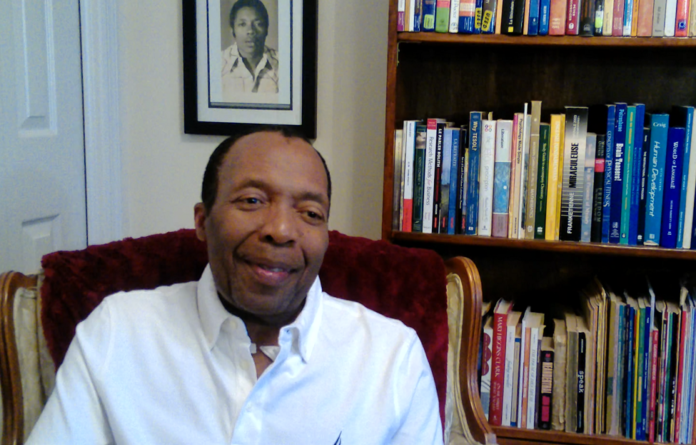Janice Dijon
Special to CSMS Magazine
Caribbean writers have long been at the forefront of addressing environmental challenges, weaving narratives that highlight the delicate balance between human activity and ecological sustainability. The region’s unique geographical position, characterized by its small islands and coastal areas, makes it particularly vulnerable to environmental threats such as climate change, rising sea levels, and extreme weather events. Through their works, Caribbean authors bring to light the urgent need for ecological awareness and action, offering both poignant reflections and calls to arms.
Climate Change and Its Manifestations
One of the most pressing issues tackled by Caribbean writers is climate change. The region faces increasingly severe hurricanes, prolonged droughts, and unpredictable weather patterns, all of which are vividly depicted in literary works. Writers like Jamaica Kincaid and Derek Walcott have used their narratives to explore the intersection of natural disasters and human experiences. Kincaid’s novel “A Small Place” not only critiques the lingering effects of colonialism but also touches on the environmental degradation of Antigua, portraying how climate change exacerbates existing vulnerabilities.
Similarly, Derek Walcott’s poetry often evokes the natural beauty of the Caribbean while simultaneously lamenting its destruction. In “Omeros,” Walcott uses the metaphor of a journey to reflect on the environmental changes that threaten the islands’ way of life. His vivid descriptions of the Caribbean’s landscapes serve as a powerful reminder of what is at stake if climate change is not addressed.
Environmental Justice and Activism
The concept of environmental justice is another critical theme in Caribbean literature. The disproportionate impact of environmental degradation on marginalized communities is a recurrent topic. Caribbean writers argue that environmental challenges cannot be divorced from social and economic inequalities. For instance, in his novel “The Brief Wondrous Life of Oscar Wao,” Junot Díaz subtly addresses the exploitation of natural resources in the Dominican Republic, linking it to broader issues of colonialism and economic disparity.
Moreover, Caribbean authors often engage in activism through their writing. The works of poets like Kamau Brathwaite serve as a call to action, urging readers to recognize and combat environmental injustices. Brathwaite’s exploration of the Caribbean landscape and its changes under colonial and postcolonial pressures highlights the need for a more equitable approach to environmental conservation.
Imagining Sustainable Futures
In addition to highlighting current challenges, Caribbean writers also imagine sustainable futures. Their speculative fiction often incorporates themes of ecological harmony and resilience. Nalo Hopkinson, for example, in her novel “Brown Girl in the Ring,” combines elements of Afro-Caribbean folklore with futuristic scenarios to envision communities that thrive despite environmental and societal upheavals. Her work suggests that a sustainable future is possible through a blend of traditional wisdom and innovative practices.
In all, Caribbean writers play a crucial role in addressing environmental challenges and advocating for ecological sustainability in the region. Through their rich and diverse narratives, they not only highlight the urgent issues posed by climate change and environmental degradation but also inspire action and resilience. Their works serve as both a mirror reflecting the current state of the Caribbean environment and a window into the potential for a more sustainable and equitable future. As the impacts of environmental challenges continue to grow, the voices of Caribbean writers will remain essential in the global conversation on sustainability and climate justice.


